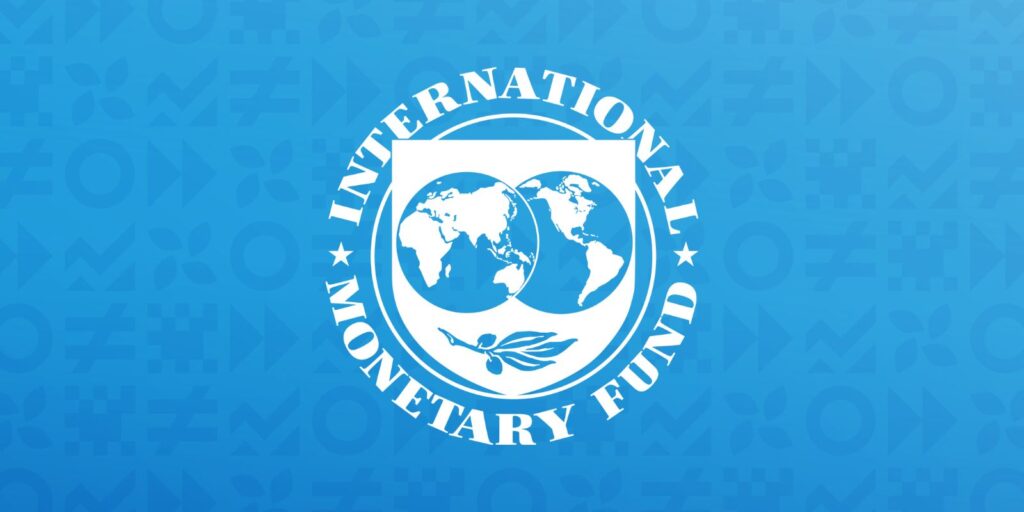The International Monetary Fund (IMF) has projected that Nigeria’s inflation will average 26.5% in 2025, according to its latest World Economic Outlook released in April 2025. The estimate reflects a temporary decline from the 33.2% average in 2024, but the Fund warns of renewed inflationary pressure by 2026, where it forecasts a spike to 37.0%.
The revised outlook follows a major rebasing of the Consumer Price Index (CPI) by the National Bureau of Statistics (NBS), which adjusted the base year from 2009 to 2024 to better align with current household consumption patterns. While this has led to a recalibration of headline figures bringing the January 2025 rate down to 24.48% from 34.80% in December 2024—the IMF notes that cost-of-living pressures remain persistent.
According to a 9am News report, inflation slowed in February to 23.18% but ticked upward again in March to 24.23%, highlighting the volatile nature of Nigeria’s price dynamics. Food inflation, a core driver, has shown only marginal easing despite various policy measures.
The IMF also projected a narrowing current account surplus, with the figure expected to fall from 9.1% of GDP in 2024 to 6.9% in 2025, and 5.2% in 2026. While Nigeria recorded a Balance of Payments surplus of $6.83 billion in 2024 its first in three years—sustainability is under threat.
According to data from the Central Bank of Nigeria (CBN), this surplus was driven by a $17.22 billion surplus in current and capital accounts, including a $13.17 billion goods trade surplus. However, analysts are raising alarms.
JP Morgan warns that prolonged oil prices below Nigeria’s fiscal breakeven of $60 per barrel could tip the balance into a deficit. On the other hand, Fitch Ratings maintains a more optimistic view, projecting a moderate surplus averaging 3.3% of GDP from 2025 to 2026, supported by refinery projects and gradual energy sector reforms.
In a further blow to Nigeria’s economic outlook, the IMF has downgraded GDP growth projections to 3.0% in 2025 and 2.7% in 2026, down from 3.4% in 2024. The decline is attributed to reduced oil receipts and ongoing external shocks.
Worryingly, real per capita income is forecast to grow by just 0.6% in 2025 and 0.3% in 2026, underlining the widening gap between macroeconomic growth and individual wellbeing. This figure falls below the Sub-Saharan African average, reinforcing concerns about rising inequality and stagnant household purchasing power.
The IMF acknowledged Nigeria’s recent reform strides including the removal of fuel subsidies, cessation of central bank deficit financing, and the unification of exchange rates. The Central Bank of Nigeria has also held its Monetary Policy Rate steady at 27.5%, signalling a firm approach to curbing inflation.However, the Fund cautioned that price stability remains elusive, urging further structural reforms to improve productivity, deepen fiscal discipline, and sustain investor confidence.
As the country navigates post-rebasing adjustments and global headwinds, 9am News reports that the true test lies in how well Nigeria can implement broader economic reforms that ensure long-term price stability and inclusive growth.
Stay tuned to 9am News Nigeria for more Breaking News, Business News, Sports updates And Entertainment Gists.
















